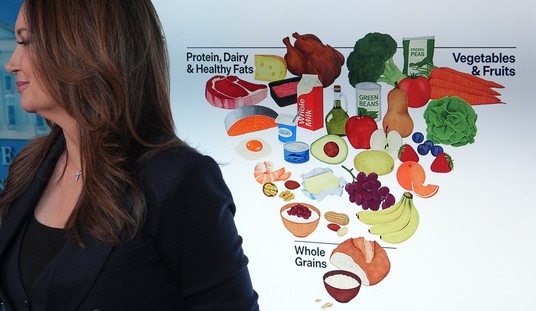A new low to match today’s new low in Rasmussen. He dipped below 40 percent briefly 10 days ago but then inched up a bit. Today a little more air exits the balloon. I think he’s one golf photo away from the magical Bushian 35 percent mark.
It’s no secret what’s driving this, of course. As bad as his overall rating is, his rating on the economy is simply gruesome. And unfortunately for all of us, there may be no way out. Here’s Richard Posner, one of America’s most eminent judges (a Reagan appointee to the Seventh Circuit) and a pioneer in the field of law and economics, basically throwing in the towel:
If the notion that we are merely living through the aftereffects of a mere “recession” that ended in 2009 sounds somewhat ridiculous, that’s because it is. If we were being honest with ourselves, we would call this a depression. That would certainly better convey both the severity of our problems, and the fact that those problems have no evident solutions…
[A]nything that takes money out of the economy, such as reducing federal spending or increasing federal taxes, will exacerbate the current depression. Consumers will have less money to spend, and this will discourage employers from hiring. So the reforms that I have been discussing should be phased in gradually over a period of years.
But it’s not clear that we have enough years. Suppose that the economy recovers by the end of 2012, and in 2013 and subsequent years grows at a 4 percent annual rate. (The long-term growth rate is about 3 percent, but growth is usually more rapid when it starts from a low level.) The public debt won’t continue to grow at 17 or 18 percent a year, but suppose it grows at 7 percent a year. Then the already very large federal deficit will continue to grow, and indeed, to compound: At a 7 percent annual growth rate, our public debt in 2012, estimated at $12.4 trillion, will grow by 40 percent in five years if none of the reforms designed to limit that growth are implemented before the end of that period. Yet if they are implemented while the economy is still struggling, the result may actually be to increase the deficit by driving tax revenues down (because incomes will be depressed) despite the elimination of loopholes, and by increasing transfer payments to the unemployed and others hard hit by the economic crisis.
The result is a quandary. I don’t see a way out of it. I hope others do.
We can’t afford austerity measures that will further impede growth while the economy is struggling, but we can’t afford not to enact austerity measures or else the debt will be growing uncontrollably by the time the economy’s humming again. And even if we do opt for austerity now, the debt may grow anyway simply because the economy will shrink even more dramatically than spending will. An obvious compromise would be to agree to a new stimulus now in exchange for truly dramatic entitlement reform beginning in, say, five years, but I’m not sure either side would agree to that. Maybe you could get a critical mass of Republicans to spend more now if the entitlement end of the deal was impressive enough, but you’ll never get Democrats to agree to that. Nothing short of a Grecian catastrophe will convince them that reforming Social Security and Medicare is worth the political backlash. Oh well. Let’s get on with it.









Join the conversation as a VIP Member